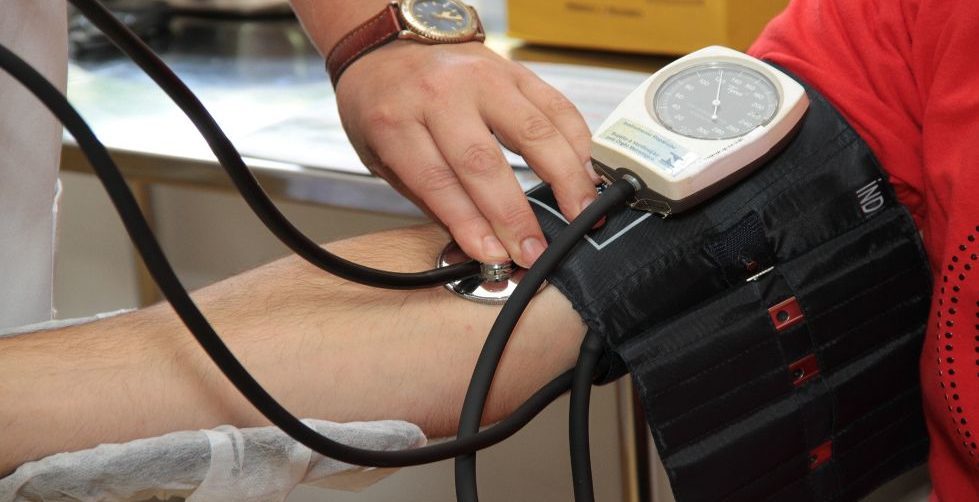ORI Capital, a Hong Kong-based healthcare sector-focused investment firm, announced that it has exited biopharmaceutical firm Kymab, the largest investment in its first healthcare fund, in a $1.1 billion deal with Sanofi.
Start your deal-making journey now!
Subscribe now to enjoy unlimited access at just $59.
Premium coverage on private equity, venture capital, and startups in Asia.
Exclusive scoops from our reporters in nine key markets.
In-depth interviews with industry leaders shaping the ecosystem.
Already a Subscriber? Log in
Contact us for corporate subscriptions at subs@dealstreetasia.com



